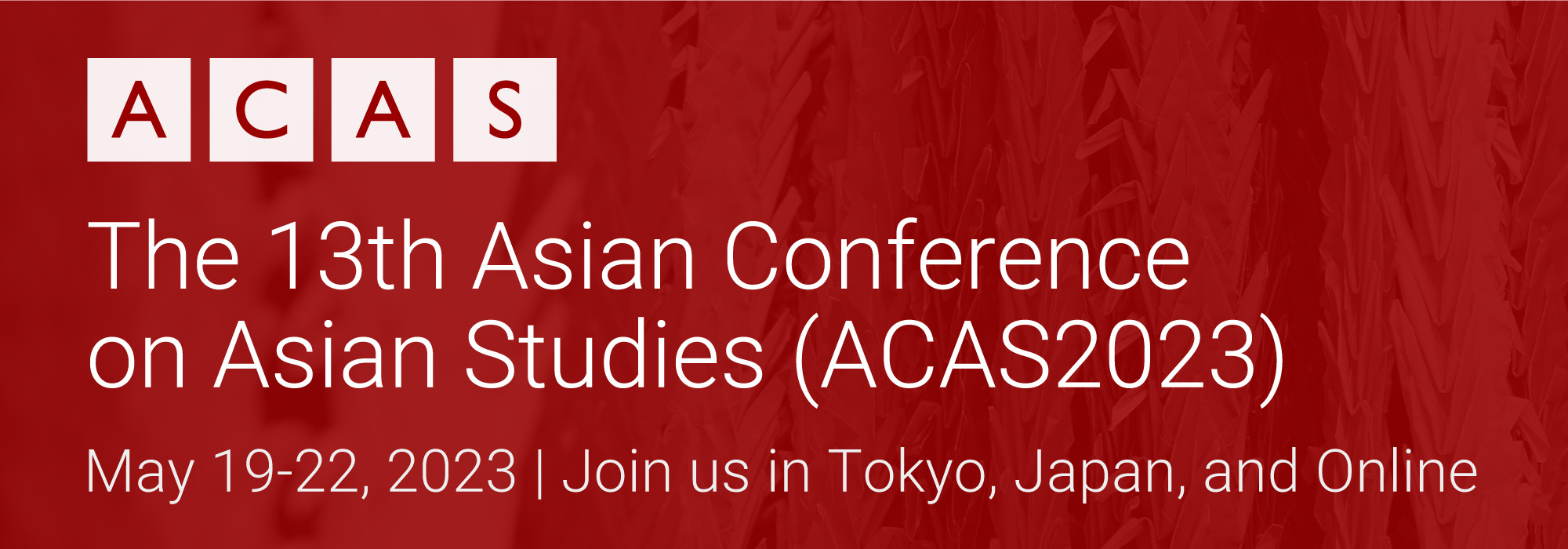“Digital Journeys: Refugees, Migration, Media” has been announced as the first panel to be presented at The 12th Asian Conference on Asian Studies (ACAS2022) and The 12th Asian Conference on Cultural Studies (ACCS2022).
Panellists that have been chosen to discuss this topic will be announced over the coming weeks, follow the conference websites and social media (Facebook / Twitter) pages for more information.
The ACAS/ACCS2022 Organising Committee is currently calling for papers to be presented at the event. Submit your abstracts by March 25, 2022 to participate.
To participate in ACAS/ACCS2022 as an audience member, please register for the conference via the conference website.
This plenary will also be available for IAFOR Members to view online. To find out more, please visit the IAFOR Membership page.
Abstract
Digital Journeys: Refugees, Migration, Media
The contemporary mobilities, experiences, cultural belonging, identifications and dis-identifications, power relations as well as contexts for migrants, refugees, internally displaced persons and others, involves significant reliance on and imbrication with digital media. Over many centuries, moving elsewhere, to escape persecution, to pursue a better life, or seek work or education, to find connection or community with family, friends, and others, has importantly involved a wide range of communication and media.
In recent times, letter writing, messages, gifts, electronic media, cultural participation and consumption at a distance (for instance, via video tapes of television programs), have been interlaced with increasingly prevalent forms of digital media, technologies, and platforms. The smartphone, social media, and apps have become a by-word for this, and constitute sites of struggle, control, resistance, as well as sharing, belonging, and cultural safety and survival. Digital media literacy has now become a crucial, rich resource in reframing migration and refugee issues. During the past two and a half years of the COVID-19 pandemic, the digitalization of society, and the new kinds of immobilities and spatial and other injustices created have only accentuated migration’s digital turn.
In this panel, we hear from leading practitioners and scholars in the burgeoning area of digital migration, refugee, and mobilities work.

